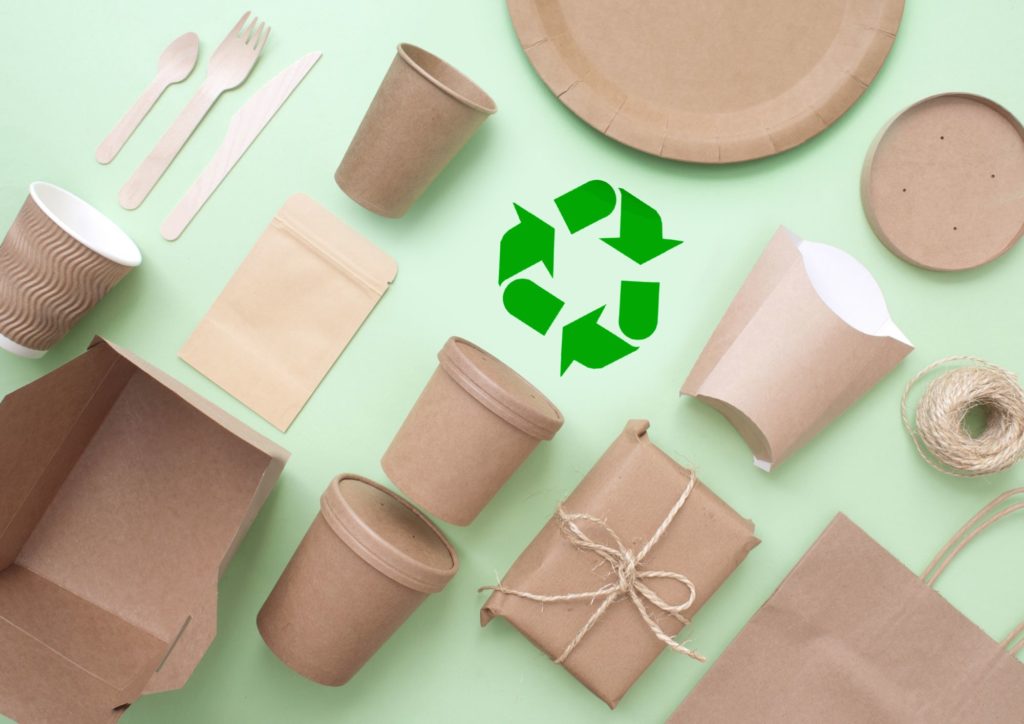
Extended Producer Responsibility for Packaging (pEPR) – what you need to know
Monday 7th July 2025
The Extended Producer Responsibility for Packaging Waste (pEPR) regime was established on 1 January 2025 when the Producer Responsibility Obligations (Packaging and Packaging Waste) Regulations 2024 entered into force.
The regulations were introduced to address the increasing concern over packaging waste and its environmental impact.
These new regulations shift the responsibility for managing packaging, including bearing the cost, onto producers, making them responsible for their packaging’s lifecycle and costs, encouraging sustainable and recyclable designs.
On 1 October 2025, the scheme administrator will invoice in-scope businesses for the first time under the new regime based on the figures reported on data collected between 1 July and 31 December 2024. This is a significant change to the previous system.
Who is affected?
The pEPR is not applicable to all businesses, and the requirements vary based on the scale of the packaging produced and size of the business.
In-scope businesses are split into small producers and large producers.
Small producers:
- annual turnover of at least £1 million, and
- import or supply more than 25 tonnes of packaging in the UK.
Large producers:
- annual turnover of at least £2 million, and
- import or supply more than 50 tonnes of packaging in the UK.
What is required of producers?
| pEPR requirement | Small producer | Large producer |
| Register and create an account for your organisation to report packaging data | Y | Y |
| Pay a waste management fee | N | Y |
| Pay scheme administrator costs | N | Y |
| Pay a registration charge to the Environment Agency | Y | Y |
| Get PRNs or PERNs to meet recycling obligations | N | Y |
| Report recyclability assessment data | N | Y |
| Report data on packaging imported or supplied in the UK | Y | Y |
| Report timeframe | Annually | Biannually |
What data needs to be reported?
The reporting requirements for a producer vary depending on the type of business.
The types of businesses that may be considered to be a producer are:
- a brand owner;
- a packer/filler;
- an importer or first UK owner;
- a distributor;
- an online marketplace operator;
- a service provider; or
- a seller.
Information that would need to be submitted includes:
- packaging activities,
- types of packaging,
- classes of packaging, and
- the material and weights supplied.
How much will it cost?
Fees vary based on the size of the producer and the amount of packaging they supply.
All businesses are required to pay a registration charge to the Environment Agency (EA). Large producers are required to pay a scheme administrator fee to PackUK and a waste management fee to contribute to local authority costs of collecting household packaging waste.
Large producers will be obligated to pay fees based on the data that was reported. The Recyclability Assessment Data that is submitted will assist with determining the fees. The rates per material are expected to be reviewed annually.
There remains a requirement to purchase Packaging Waste Recycling Notes or Packaging Export Recycling Notes.
To assist with reporting and ensure compliance, businesses can register with an accredited compliance scheme. Compliance schemes may be able to provisionally calculate fees based on illustrative base fees published. They can also advise on how to reduce total costs and where to aim to change packaging materials to reduce future costs.
What would happen if reporting deadlines were not met?
The EA regulates and enforces pEPR in England. If businesses fail to comply with the agreed conditions or provide false information, the Environment Agency can send a written notice to the producer, before cancelling the organisation’s registration. The EA can agree enforcement undertakings hand down variable monetary penalties or where it is appropriate prosecute an offending organisation.
If you require further information on whether the pEPR applies to your business or advice on compliance, our Regulatory Team can assist.





